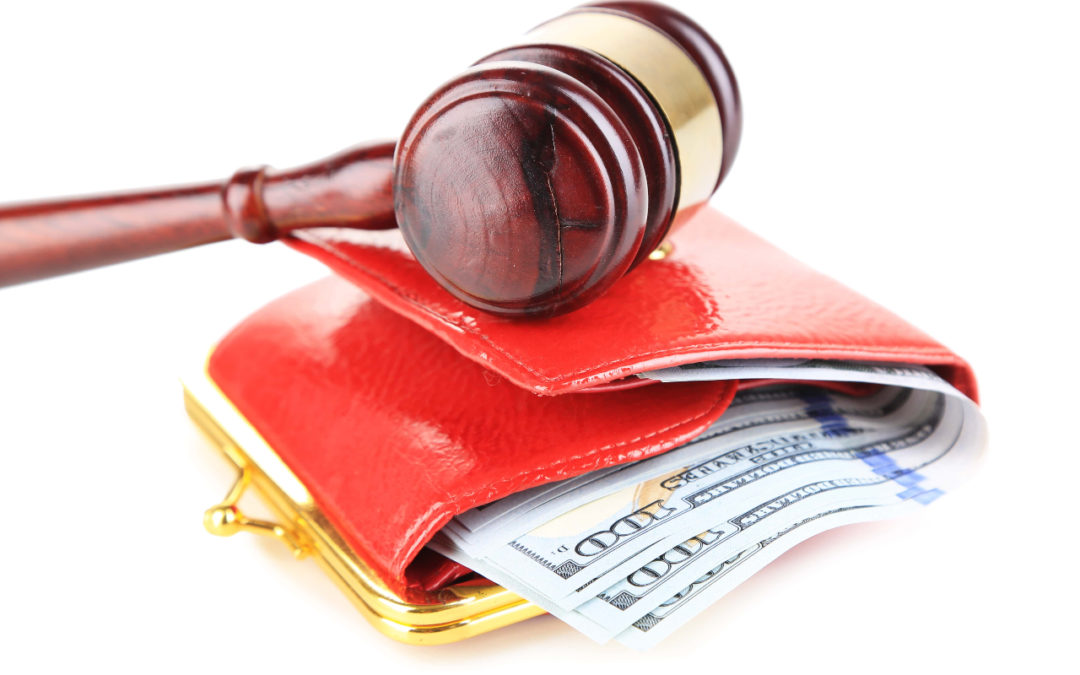Have you been unfortunate enough to have wages garnished every paycheck and feel yourself falling further into debt? A top Atlanta bankruptcy and wage garnishment lawyer answers the most common questions people have regarding this topic. Look below to find answers about wage garnishment regarding credit, taxes, and more.
A Wage Garnishment Lawyer Answers Common Questions
What is Wage Garnishment?
Wage garnishments are court-mandated deductions taken from your paycheck for a debt or legal obligation. A garnishment is not a set amount, but rather a set percentage is taken out.
Common garnishment reasons:
Child support
Medical bills
Unpaid court fees or loans
Unpaid taxes (business and personal)
Credit card debt
How Common is Wage Garnishment in the U.S.?
About 7 percent of Americans have at least one wage garnishment, according to an internal study done by ADP.
How Long Does It Take Creditors to Garnish My Wages?
Creditors legally can collect debts that are owed to them. Usually, debts can be requested that are at least 6 months past due and/or no effort made by the debtor to establish a repayment plan.
Can a Wage Garnishment be Negotiated?
It is very important to be active in working with the creditor(s) to whom you owe debts and may seek to garnish your wages. Negotiating early could result in a smaller monthly payment than the amount that would be taken out of your paycheck.
Is My Employer Aware of My Wage Garnishment?
Yes. A court or government agency sends your employer a “writ of garnishment.” Then, your employer has a responsibility to regularly calculate, withhold, and submit your garnishment to the creditor or agency. Your employer will receive a monetary penalty for failing to retract garnishments from your paychecks.
How Can Wage Garnishment Affect Credit and Tax Refunds?
Do Wage Garnishments Show Up on a Credit Report?
Yes, a garnishment judgment will show on your credit reports for up to seven years and can affect your credit score. Specifically, if you receive a court order, this goes on the public record and is what shows up on your credit report.
Will Wage Garnishment Hurt my Credit?
Unfortunately, wage garnishment most likely will hurt your credit. Furthermore, a court judgment also lowers credit score and therefore, can lower it even further. Not keeping your full salary shows creditors that you have less disposable income.
Does Wage Garnishment Affect My Tax Refund?
Maybe. Only federal law, and not individual or private creditors, allows state and federal government agencies to take part of your refund to pay debts.
How Can I Avoid Wage Garnishment?
- The most obvious way is to pay off your debts to avoid a court order or filing bankruptcy.
- Work with the creditors to set up a repayment plan for your debt(s).
- Do you think the garnishment is illegal? You can challenge the garnishment with help from an experienced garnishment attorney.
- File an exemption claim to stop the garnishment(s).
- With the help and legal counsel of a skilled wage garnishment lawyer, you can successfully file for bankruptcy and reclaim your financial future.
Work with Georgia’s Top Wage Garnishment Lawyer
Charles M. Clapp, the founder of CMC Law, has extensive experience helping people stop their wage garnishments through a successful bankruptcy filing. Bankruptcy may be a great option for you to get a fresh financial start and get your debts paid off.
Call CMC Law today at 404-585-0040 for a free consultation or contact the team online.

